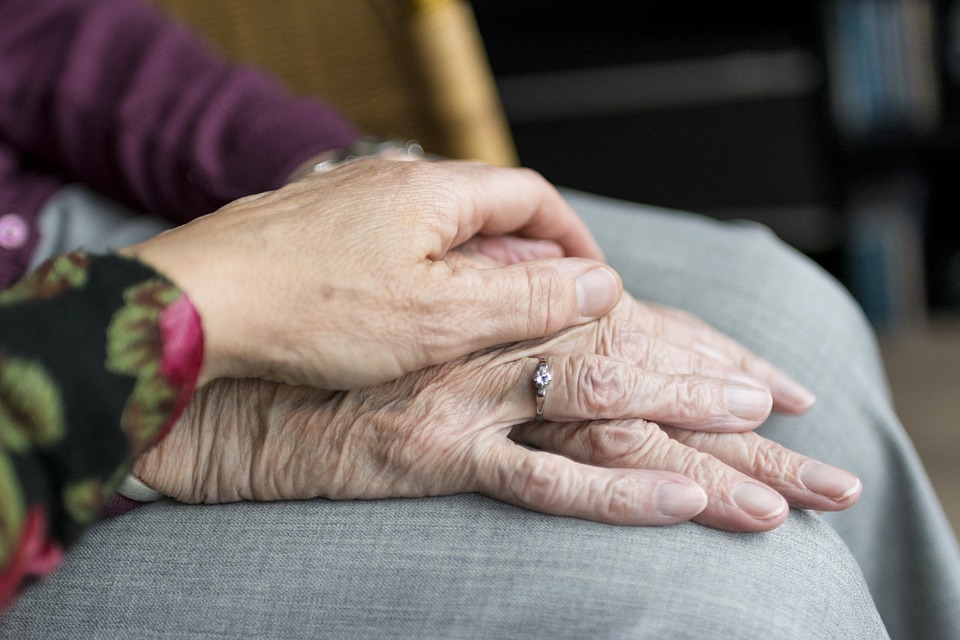When your consent matters (even if you don’t want it to)

Last week, a court in The Hague acquitted a doctor accused of administering “unlawful euthanasia” to a severely demented patient back in 2016.
The case involved a 74 year old woman who had drafted a legally binding advance healthcare directive in 2012, when she was still of a sound mind.
In this living will, the woman noted that she wanted to be euthanized if she was to be admitted to a nursing home, but caveated that she still wanted to decide when the “right time” was for her to actually be euthanized.
The facts of the case show that prior to being administered the lethal injection, the woman had to be given sedatives for her to calm down. Even after the sedatives were given, however, the patient’s relatives still had to restrain her as she struggled while resisting the needle. At the time of the injection, the patient’s dementia had reached the point where she not only failed to understand what euthanasia was, but she did not even recognize her own reflection in the mirror.
The Netherlands legalized euthanasia in 2002 with the promulgation of the Termination of Life on Request and Assisted Suicide (Review Procedures) Act [wet toezicht levensbeëindiging op verzoek en hulp bij zelfdoding]. The law allows physicians to administer euthanasia, but only under very strict circumstances: For example, not only must there be a written consent by the patient that they are seeking to be euthanized “earnestly and with full conviction”, but they must be facing a “future of unbearable suffering with no reasonable alternative.” The law also requires the physicians to exercise “due care” to ensure that the patient actually wants to die.
Given that the patient was severely demented and could not indicate clear consent immediately prior to the lethal injection, the doctor relied on the living will from four years prior and the consent of the patient’s relatives in order to justify administering the injection. The prosecutors in this case, however, argued that the latter requirement was not met as the doctor in question failed to ensure that the 74 year old woman had not changed her mind given that she showed “mixed signals” in resisting the lethal injection.
Even though the prosecutors pushed for convicting the doctor – arguing that the doctor should have done more in order to be “100% sure” – Judge Renckens of the court held that all of the requirements established under the euthanasia act were met in this case. It should be noted that this was a test case brought forth by the prosecution, who sought for clarity in what the euthanasia act actually required of a physician prior to administering euthanasia to a patient that no longer had the legal capacity to give valid consent.
While the court clarified the standard of “due care” in the context of a severely demented patient who had previously signed an advance healthcare directive, the case does leave some lingering concerns: For instance, do those that lack legal or mental capacity not deserve the right to change their minds last minute before they are euthanized? And is the physician’s duty of care standard towards the patient somehow “lowered”, if the patience is suffering from Alzheimer’s disease or other degenerative conditions?
Although some argue that euthanasia empowers people to end their life with dignity when their life is no longer their own to live, is binding them to a potentially outdated consent given under different circumstances years ago, true empowerment? These are some of the questions that the prosecution must consider in deciding whether or not to file for an appeal. A truly unenviable position for sure, but perhaps not as bad as being euthanized against one’s will.
| More blogs on Law Blogs Maastricht |